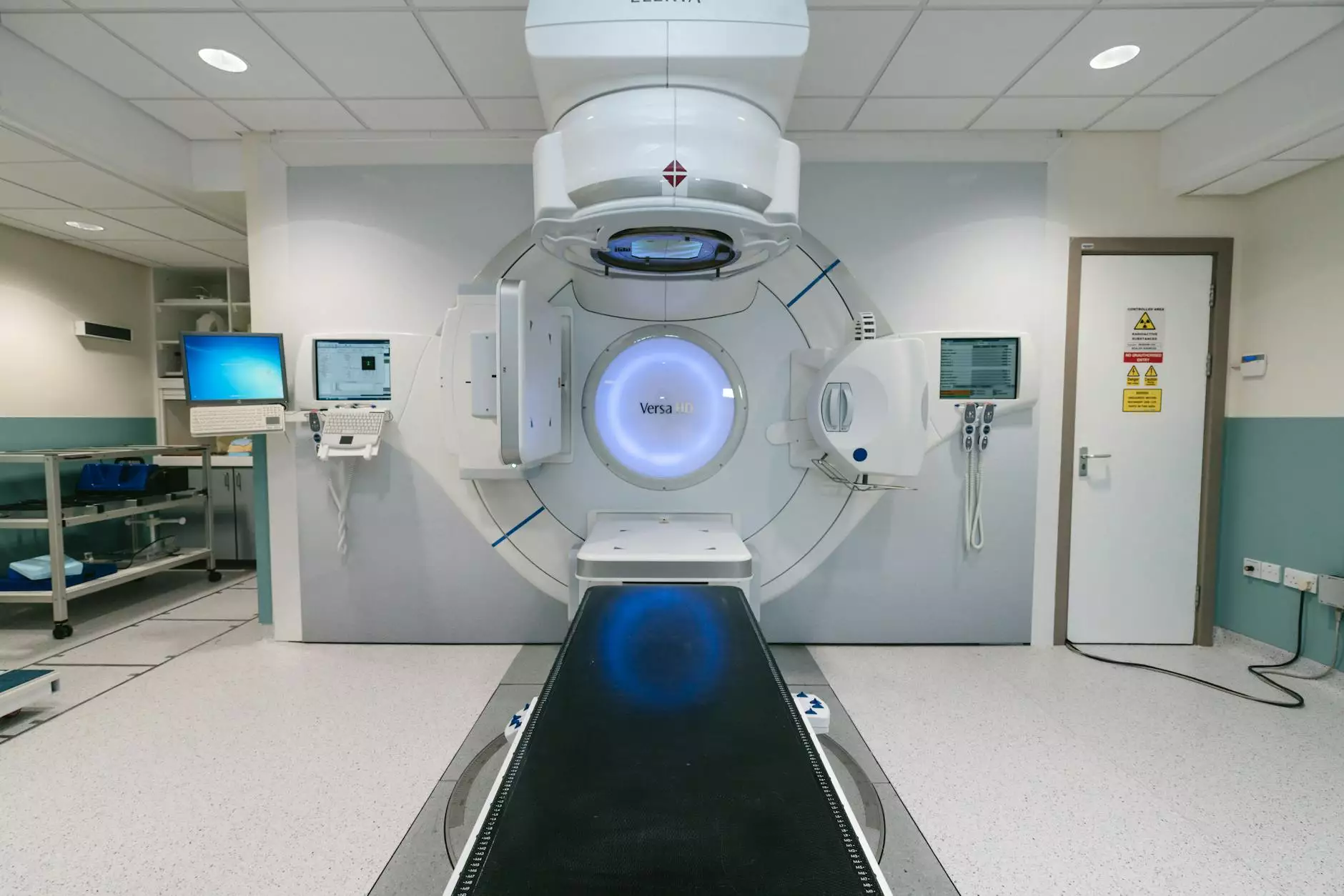The Role of Colon Cancer Centers in Modern Medicine

Colorectal cancer is one of the leading causes of cancer-related deaths globally. Colon cancer centers play an essential role in combating this disease by providing specialized care, advanced treatment options, and comprehensive support for patients and their families.
Understanding Colon Cancer
Colon cancer, often referred to as colorectal cancer when including rectal cancer, develops in the lining of the colon. Early detection is crucial, as it significantly increases the chances of successful treatment. Here are some detailed insights:
- Symptoms: Common symptoms include changes in bowel habits, unexplained weight loss, and persistent abdominal discomfort.
- Risk Factors: Age, family history, inflammatory intestinal conditions, and lifestyle factors such as diet and smoking can increase risk.
- Screening: Regular screenings, such as colonoscopies, are vital in detecting precancerous polyps before they develop into cancer.
What is a Colon Cancer Center?
A colon cancer center is a specialized facility dedicated to the diagnosis, treatment, and management of colorectal cancer. The mission of these centers is to provide comprehensive cancer care tailored to the unique needs of each patient. Services provided by colon cancer centers typically include:
- Diagnostic Services: Advanced imaging technologies and laboratory services to accurately diagnose colon cancer.
- Multidisciplinary Treatment Teams: Comprising oncologists, surgeons, radiologists, and nutritionists collaborating to create personalized treatment plans.
- Surgical Interventions: Offering minimally invasive surgeries, such as laparoscopic procedures, to remove tumors and surrounding tissue.
- Chemotherapy and Radiation Therapy: Administering targeted therapies aimed at destroying cancer cells while minimizing damage to healthy tissue.
- Supportive Care: Providing psychological support, nutritional counseling, and palliative care for patients and families.
The Importance of Specialized Care in Colon Cancer Treatment
Receiving treatment from a colon cancer center rather than a general hospital can significantly impact outcomes. Here are several reasons why specialized care is superior:
Expertise in Colon Cancer
Specialized facilities focus exclusively on colon cancer which allows for:
- Experienced Staff: Oncologists and surgeons at these centers often have extensive experience treating colon cancer specifically.
- Access to Clinical Trials: Patients at specialized centers may have access to cutting-edge clinical trials and new treatment modalities.
- State-of-the-Art Technology: Colon cancer centers are equipped with the latest diagnostic and therapeutic technologies, ensuring patients receive the best available care.
Multidisciplinary Approach
Patients benefit from a holistic approach that considers every aspect of their care:
- Collaborative Decision Making: Treatment plans are developed collaboratively among a team of specialists, ensuring all options are explored.
- Integrated Support Services: These centers often provide psychological support, nutrition counseling, and financial assistance, addressing various patient needs.
Services Offered by Colon Cancer Centers
Colon cancer centers provide an array of services aimed at supporting patients in all stages of their cancer journey:
Comprehensive Screening and Diagnosis
Utilizing advanced diagnostic tools, colon cancer centers offer:
- Colonoscopy: A key procedure for detecting early signs of cancer.
- Biopsies: For histological examination to confirm diagnosis.
- Genomic Testing: Helps in understanding the specific characteristics of a patient’s cancer, guiding personalized treatment choices.
Cutting-Edge Treatment Options
Colon cancer centers provide various treatment modalities, including:
- Surgical Procedures: Options range from tumor resections to complete colectomies, depending on cancer staging.
- Radiation Therapy: Often used in conjunction with surgery or chemotherapy to maximize cancer control.
- Targeted Therapy: Innovative treatments aimed at specific genetic mutations in tumors.
Patient Support Programs
Understanding that cancer affects more than just the body, these centers often include:
- Nutritional Counseling: Dietary adjustments to support treatment and recovery phases.
- Psychosocial Support: Counseling services to help patients and families cope with the emotional toll of cancer.
- Survivorship Programs: Ongoing care and monitoring to ensure long-term health post-treatment.
How to Choose the Right Colon Cancer Center
Selecting the right colon cancer center is a critical decision in your treatment journey. Here are key factors to consider:
Accreditation and Reputation
Ensure the center is accredited by reputable organizations. Researching patient reviews and outcomes can help gauge its reputation.
Expertise of the Medical Team
Investigate the qualifications, experience, and specialization of the medical professionals who will be involved in your care.
Location and Accessibility
Consider proximity and accessibility, ensuring it is convenient for you and your support network to attend appointments.
Range of Services
Look for centers that provide a comprehensive scope of services, from diagnosis to post-treatment care, to ensure holistic support.
The Future of Colon Cancer Treatment
The field of oncology is constantly evolving, with promising advancements on the horizon for colon cancer treatment. Innovations in:
- Immunotherapy: Targeting the body's immune system to fight cancer more effectively.
- Precision Medicine: Developing treatments tailored to the individual genetic makeup of each patient's tumor.
- Telemedicine: Making consultations and follow-up care more accessible for patients, regardless of geographical barriers.
Conclusion
In the fight against colon cancer, colon cancer centers serve as crucial allies, offering specialized care, advanced treatments, and comprehensive support. For patients navigating the complexities of a colorectal cancer diagnosis, these centers provide not only hope but expert guidance tailored to their unique needs and circumstances.
As awareness grows and technology advances, the resources and expertise found in colon cancer centers will continue to play an indispensable role in enhancing patient outcomes and fostering deeper understanding in the medical community regarding colon cancer.









